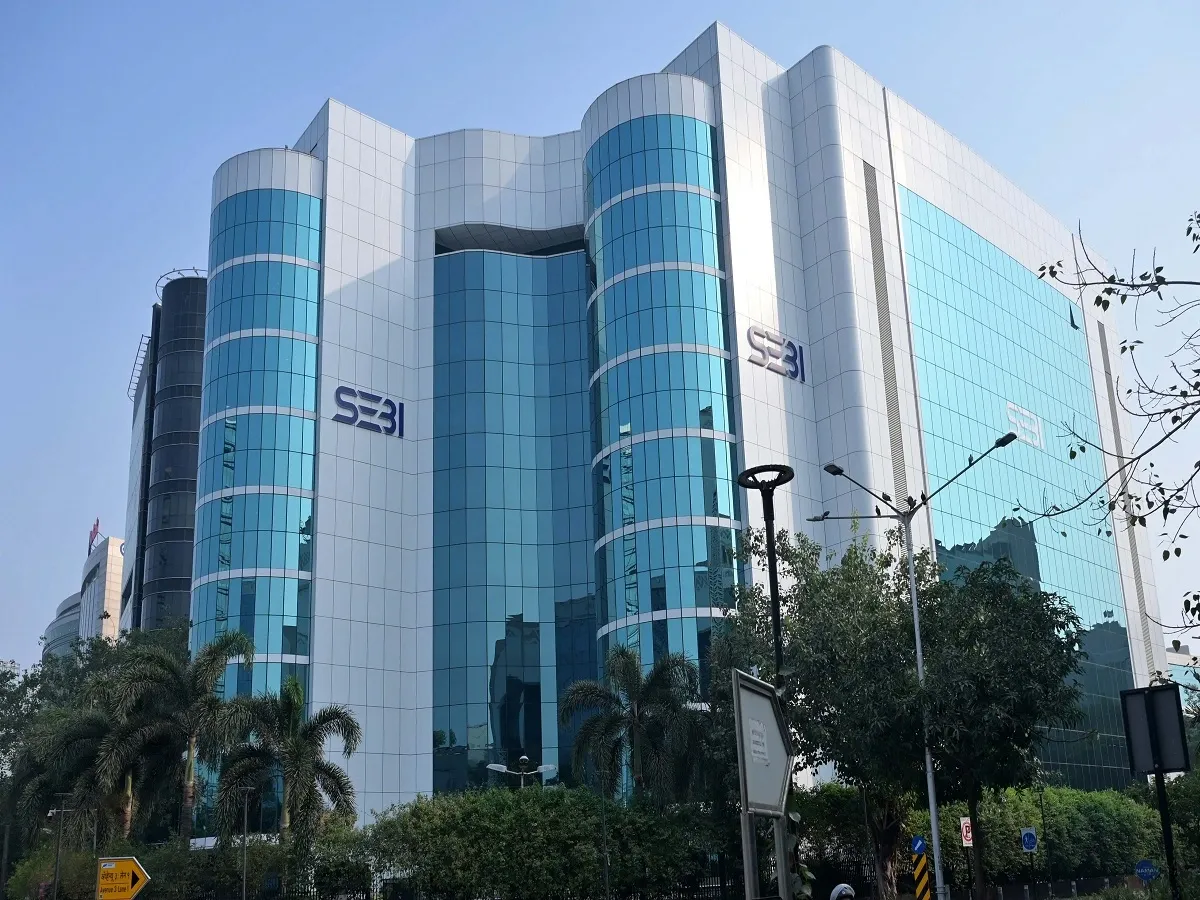Business News
Retail algo trading set for August 2025 rollout under SEBI’s new norms
.png)
3 min read | Updated on February 07, 2025, 15:04 IST
SUMMARY
Markets regulator SEBI has introduced a revamped regulatory framework to allow retail investors to participate in algorithmic (algo) trading, which was previously limited to institutional investors.

The move will be applicable from August 1, the Securities and Exchange Board of India (SEBI) said in a circular.
Markets regulator SEBI has introduced a refined regulatory framework to facilitate safer participation of individual traders in algorithmic (algo) trading.
The framework is designed to ensure robust risk management, clear accountability, and greater transparency in algo trading, which involves automated, programmed order execution.
"In order to facilitate safer participation of retail investors in algo trading, with stock brokers and stock exchanges playing the required roles in risk management, it has been decided to review and refine the existing regulatory framework to ensure proper checks and balances, to safeguard investor interest as well as integrity of the market," SEBI said in a February 4 circular.
The new rules, detailed in a circular issued to all recognised stock exchanges and brokers, are set to come into effect from August 1, 2025.
The regulator has mandated that brokers will act as the principal entities, while algo providers will function as their agents when offering Application Programming Interface (API)-based algo trading services.
All algo orders processed through APIs must carry a unique identifier provided by the stock exchange.
"All algo orders shall be tagged with a unique identifier provided by the exchange in order to establish audit trail and the broker shall seek approval from the exchange for any modification or change to the approved algos," the regulator added.
Even tech-savvy retail investors developing their own algos will be required to register them with the exchange through their brokers if the orders exceed a specified threshold.
Brokers are now required to ensure secure API access through stringent authentication measures, including two-factor authentication and the use of static IPs. They must also empanel algo providers, conduct due diligence, and handle all investor grievances related to algo trading.
Although algo providers will not be directly regulated by SEBI, they must be registered with stock exchanges, which will set empanelment criteria. Brokers and algo providers can share subscription fees and brokerage charges, but full disclosure to clients is mandatory to prevent conflicts of interest.
Oversight role of stock exchanges
Stock exchanges are tasked with developing standard operating procedures for algo testing, maintaining surveillance over algo orders, and ensuring brokers comply with risk management protocols. Exchanges will also have the authority to use ‘kill switches’ to halt orders from specific algos if needed.
"Exchanges shall specify the turnaround time (TAT) to register certain types of algos (eg. Execution algos) on a fast track basis while registering other types of algos on a normal basis. For both these scenarios, TAT shall be decided by the stock exchanges and mentioned in their SOP, disclosed on their website," SEBI said.
Algos will be categorised into two types: 'white box' algos, where the logic is transparent and replicable, and 'black box' algos, where the logic is proprietary and opaque. Providers of black box algos must register as research analysts and maintain detailed reports on their algorithms.
Implementation timeline
The Broker’s Industry Standards Forum, in consultation with SEBI and stock exchanges, will finalise the implementation standards by April 1, 2025. The new provisions will become mandatory from August 1, 2025.
Related News
By signing up you agree to Upstox’s Terms & Conditions
About The Author
Next Story


